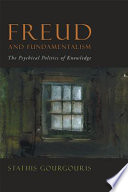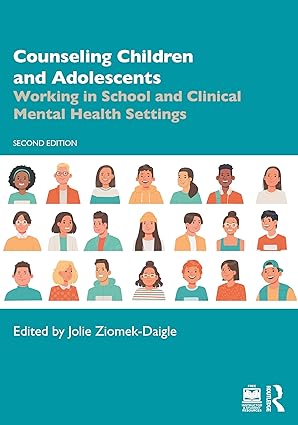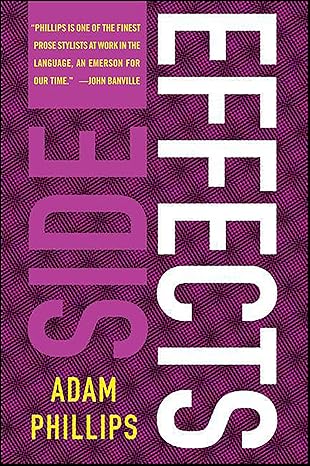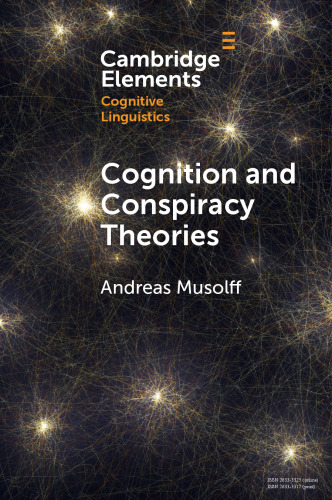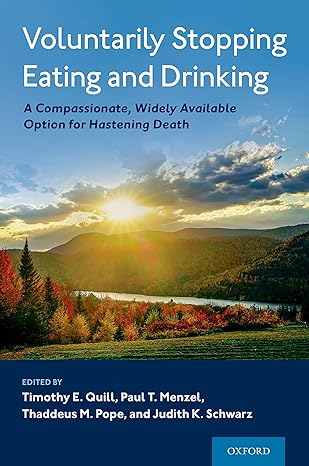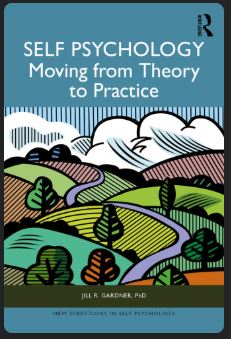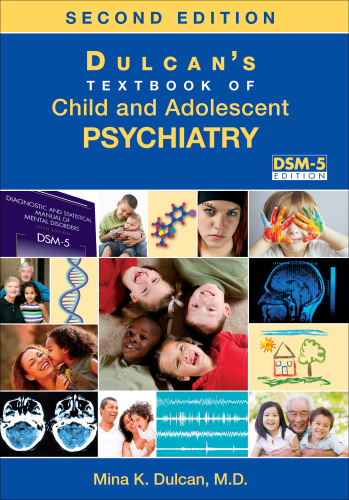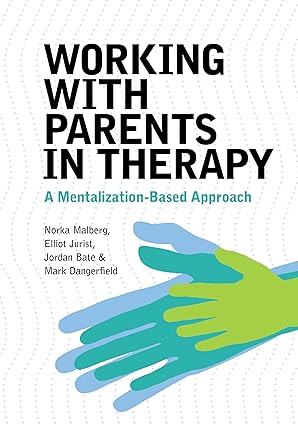At the heart of this volume are questions about the psychic components of the modes of thinking we call "fundamentalist"--that is, thinking that disavows multiplicities of meaning, abhors allegorical elements, and strives toward an exclusionary orthodoxy that codifies not just its own world but that of its adversaries, its others. The essays address transcendentalist orthodoxies of all kinds, whether religious or secularist. Fundamentalist elements in psychoanalysis itself are also placed in question, at the same time as psychoanalytic thinking and practice is explored as a mode of knowledge that ultimately unravels fundamentalist tendencies.
The texts in this collection represent a wide array of disciplinary standpoints. Their overall aspiration is to interrogate discourses of orthodoxy, literalism, exclusion, and dogma--that is, discourses obsessed with monolithic (monolingual, monological, monolateral, monomythical, and certainly monotheistic) encounters with the world.
چکیده فارسی
در مرکز این جلد سؤالاتی در مورد مؤلفههای روانی شیوههای تفکری است که ما آن را «بنیادگرا» مینامیم - یعنی تفکری که تعدد معنا را رد میکند، عناصر تمثیلی را بیزار میکند، و به سوی یک ارتدوکس انحصاری تلاش میکند که مدون نیست. فقط دنیای خودش، اما دنیای دشمنانش، دیگرانش. این مقالات به ارتدکس های استعلایی از هر نوع، چه مذهبی و چه سکولاریستی می پردازد. عناصر بنیادگرایانه در خود روانکاوی نیز مورد پرسش قرار میگیرند، همزمان که تفکر و عمل روانکاوانه بهعنوان شیوهای از دانش مورد بررسی قرار میگیرد که در نهایت گرایشهای بنیادگرایانه را آشکار میکند.
متون موجود در این مجموعه مجموعه وسیعی از دیدگاه های انضباطی را نشان می دهد. آرزوی کلی آنها این است که گفتمانهای ارتدوکسی، لفظ گرایی، طرد و جزم گرایی را مورد بازجویی قرار دهند - یعنی گفتمانهایی که در مواجهههای یکپارچه (تکزبانه، تکزبانی، تکجانبه، تکاسطورهای و قطعاً توحیدی) با جهان هستند.
ادامه ...
بستن ...
